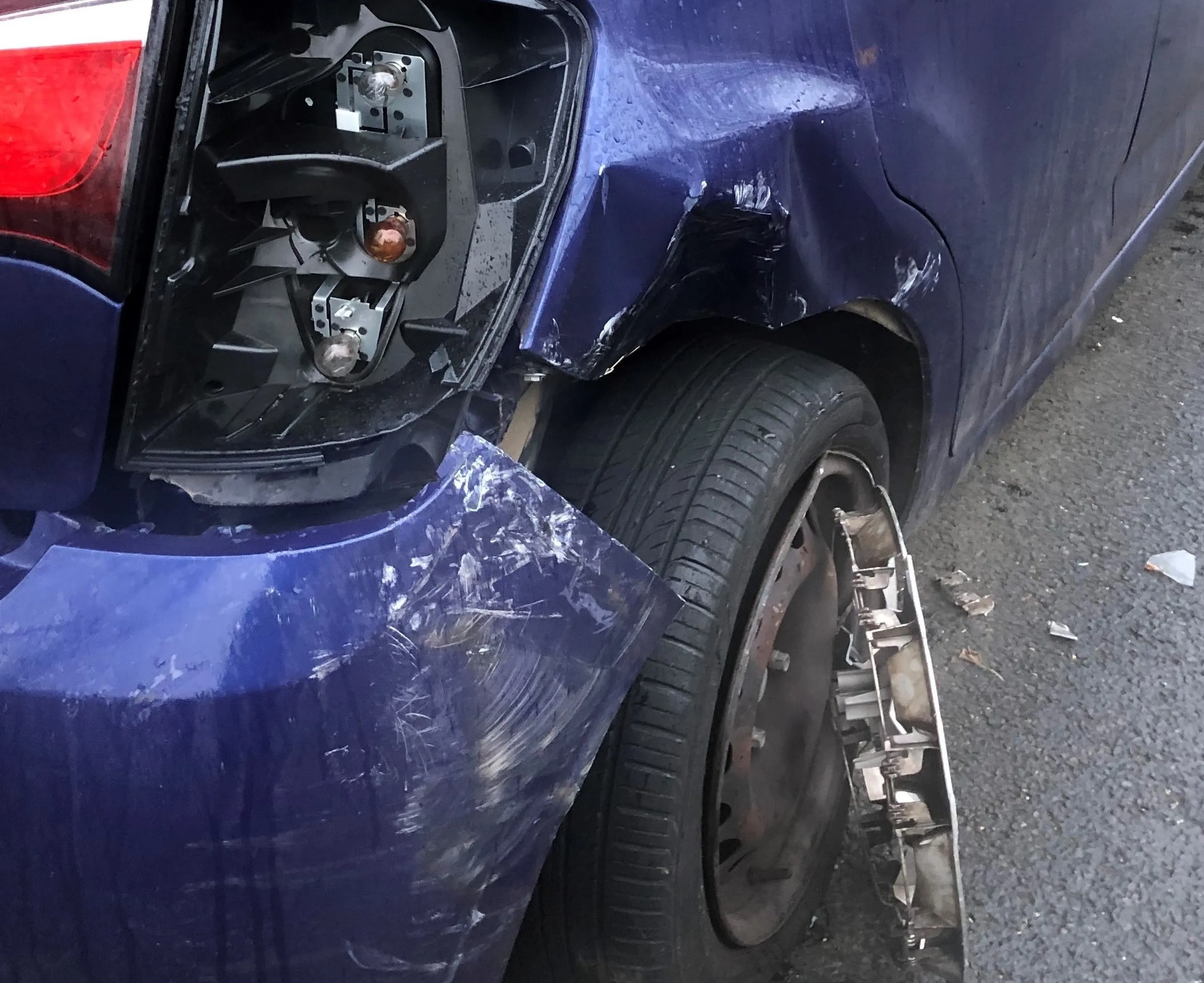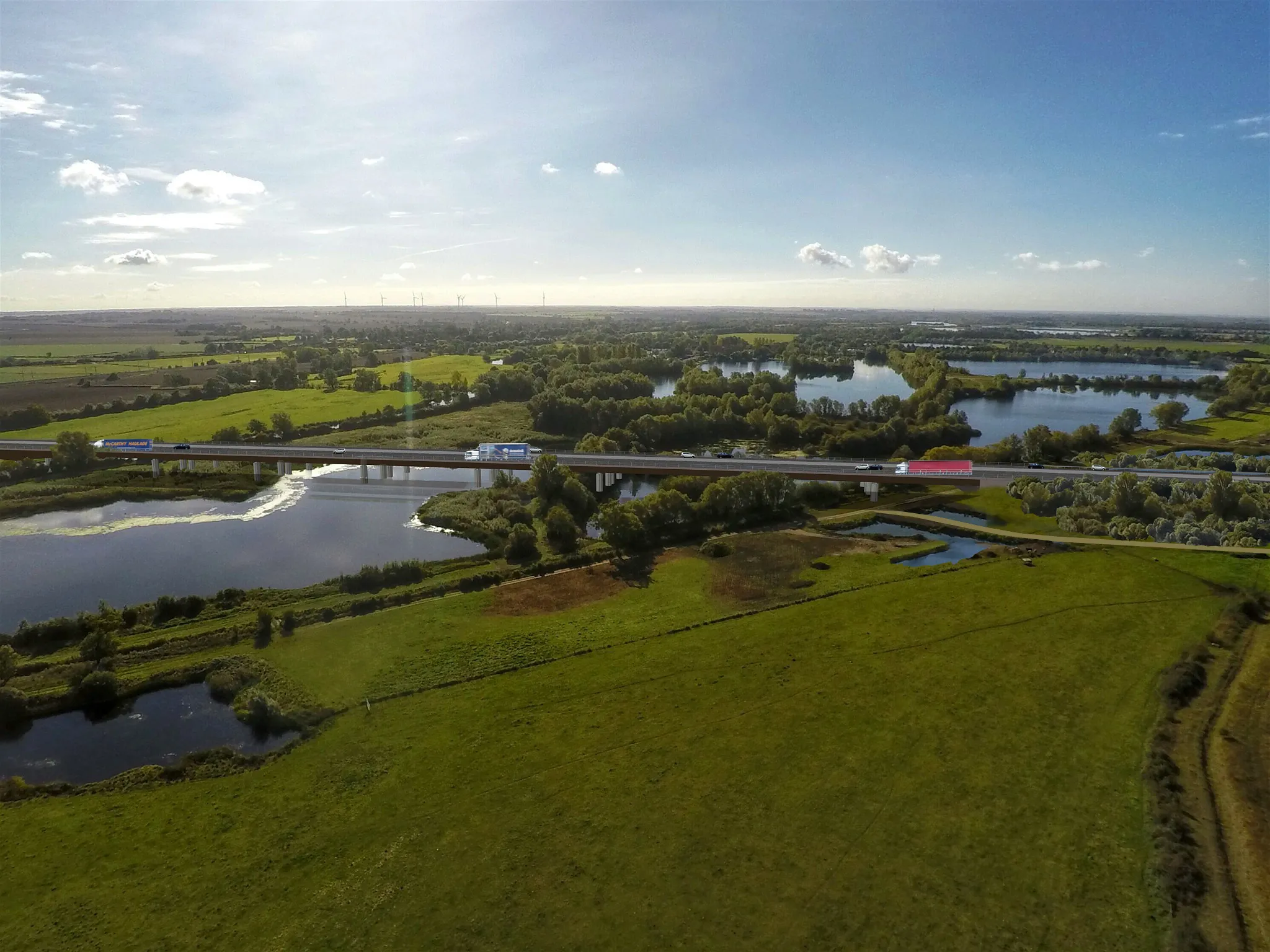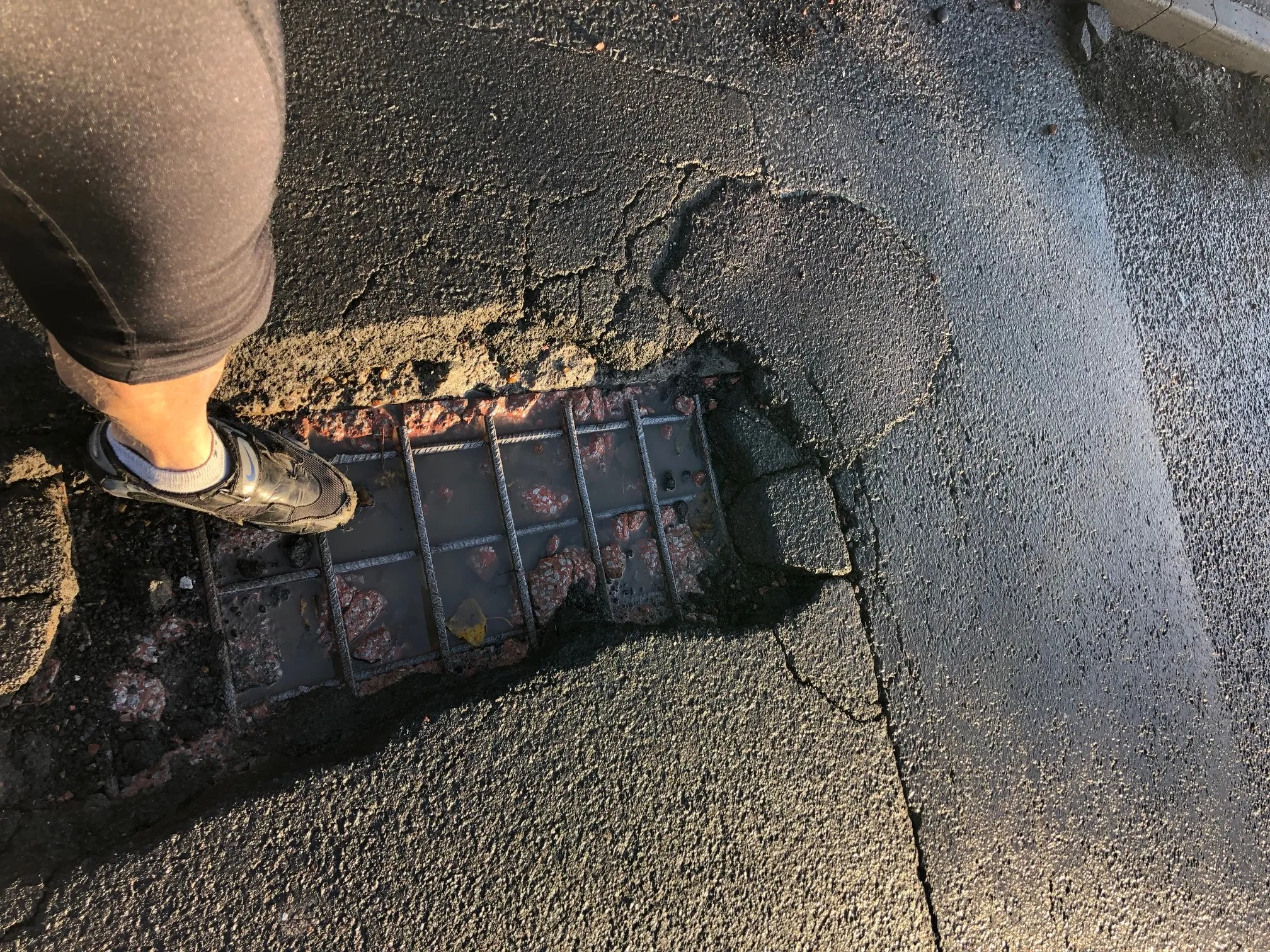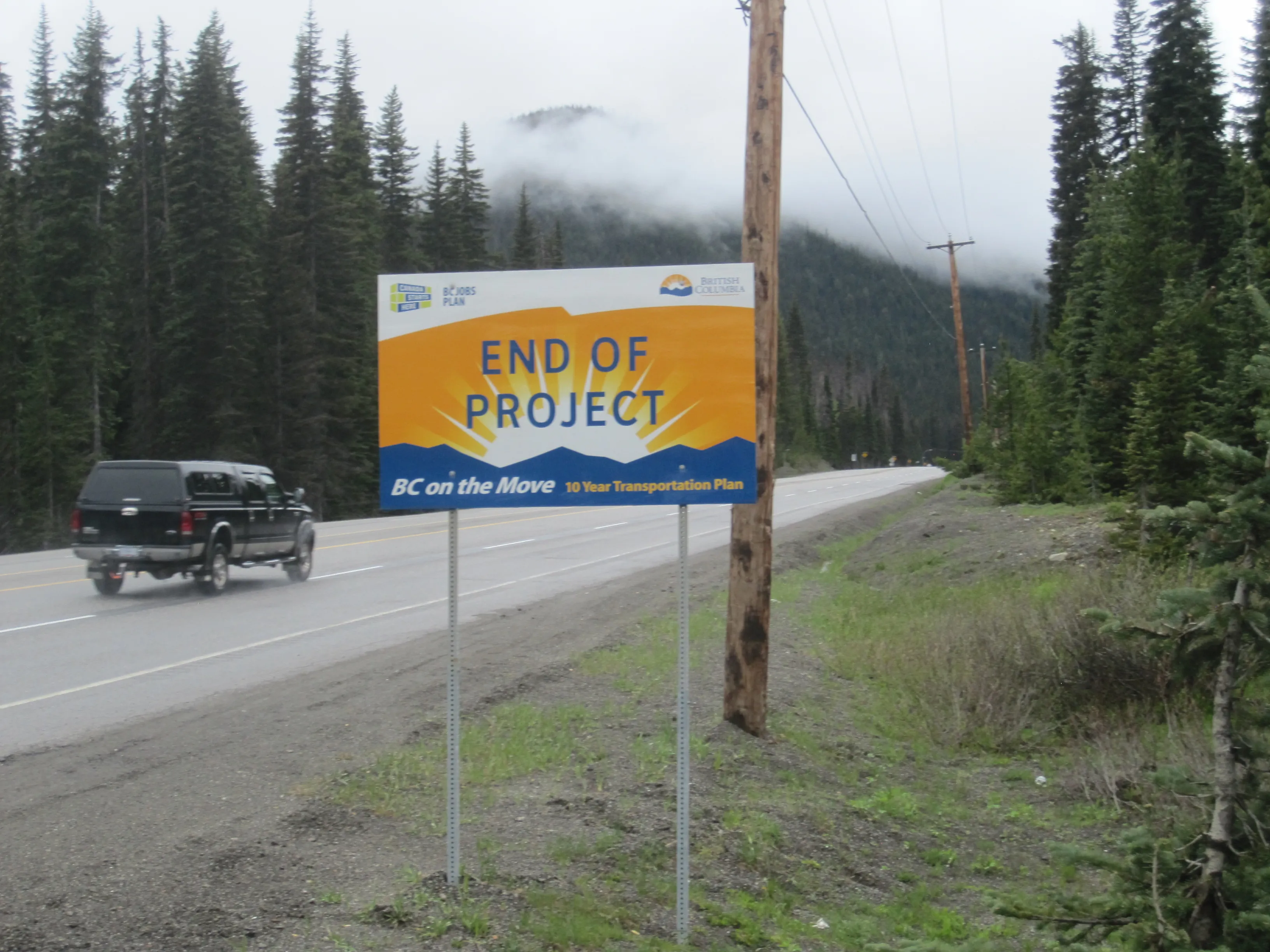A study by the RAC Foundation in the UK has raised doubts about the usefulness of speed cameras. The research has prompted the RAC Foundation to write to seven local authorities about 21 camera sites where there has been a noticeable increase in the number of accidents since the installation of speed cameras. The study based on speed camera data going back to 1990 identified nine risky camera sites in Merseyside, north-west England and three in Staffordshire and Stoke on Trent, both in central England.
June 11, 2013
Read time: 2 mins
A study by the 5521 RAC Foundation in the UK has raised doubts about the usefulness of speed cameras.
The research has prompted the RAC Foundation to write to seven local authorities about 21 camera sites where there has been a noticeable increase in the number of accidents since the installation of speed cameras. The study based on speed camera data going back to 1990 identified nine risky camera sites in Merseyside, north-west England and three in Staffordshire and Stoke on Trent, both in central England.
The RAC Foundation fears the number of speed cameras that could be contributing to more accidents could be higher because data has been released by just 12 of the 36 so-called safety-camera partnerships since 2011. Overall, the study found the installation of cameras contributed to a 27% decline in the average number of serious and fatal collisions in the vicinity, and a 15% fall in personal injury collisions in the vicinity.
The research has prompted the RAC Foundation to write to seven local authorities about 21 camera sites where there has been a noticeable increase in the number of accidents since the installation of speed cameras. The study based on speed camera data going back to 1990 identified nine risky camera sites in Merseyside, north-west England and three in Staffordshire and Stoke on Trent, both in central England.
The RAC Foundation fears the number of speed cameras that could be contributing to more accidents could be higher because data has been released by just 12 of the 36 so-called safety-camera partnerships since 2011. Overall, the study found the installation of cameras contributed to a 27% decline in the average number of serious and fatal collisions in the vicinity, and a 15% fall in personal injury collisions in the vicinity.









